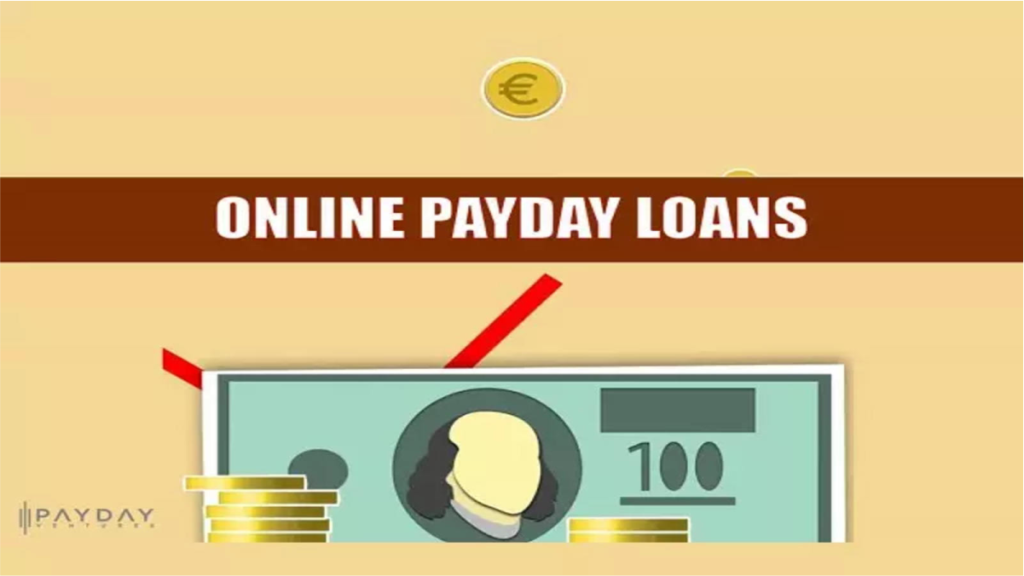Payday loans are short-term loans designed to help individuals cover immediate financial needs before their next paycheck. In India, payday loans have become popular among salaried professionals seeking quick access to funds for emergencies, utility bills, medical expenses, or any other urgent requirement. Here’s everything you need to know about payday loans in India, how they work, and their pros and cons.
What is a Payday Loan?
A payday loan is a small, short-term loan meant to be repaid when the borrower receives their next salary. Typically, payday loans are available for amounts ranging from ₹5,000 to ₹1,00,000, depending on the lender and the borrower’s income level. These loans are unsecured, meaning no collateral is required, and they usually have a short repayment period, ranging from a few days to a few weeks.
Features of Payday Loans in India
- Instant Approval: Payday loans are known for their quick approval process. You can get the loan approved within a few hours, making it an ideal solution for emergencies.
- Short Tenure: These loans are designed for short durations, usually lasting from 7 to 30 days, and are typically repaid on the borrower’s next payday.
- No Collateral Required: Payday loans are unsecured loans, meaning you don’t need to provide any asset as collateral.
- Minimal Documentation: The application process requires basic documents like identity proof, income proof, and bank details.
- High Interest Rates: Payday loans often come with high interest rates, which can be significantly higher than regular personal loans due to the short-term nature of the loan.
See More
Eligibility Criteria for Payday Loans in India
To qualify for a payday loan, you must meet the following criteria:
- Age: You must be at least 21 years old.
- Employment: You should be a salaried professional with a stable income.
- Income Level: Most lenders require a minimum monthly salary, typically starting from ₹15,000 to ₹20,000.
- Bank Account: A valid bank account is necessary for loan disbursement and repayment.
Documents Required for Payday Loans
Payday loans require minimal documentation, which makes them easy to apply for. The common documents include:
- Aadhar Card/PAN Card: For identity and address verification.
- Salary Slips: Proof of income to ensure you can repay the loan.
- Bank Account Details: For disbursement and auto-debit of loan repayments.
- Photographs: Recent passport-size photographs may also be required.
How to Apply for a Payday Loan in India
1. Choose a Payday Loan Lender
Several online platforms and financial institutions offer payday loans in India. Research the best options based on interest rates, processing time, and customer reviews.
2. Submit Your Application
Fill out the online application form with basic details such as your name, mobile number, and employment information. Some lenders may also offer an app-based application process for added convenience.
3. Upload Required Documents
Upload the necessary documents, such as your Aadhar card, PAN card, salary slips, and bank statements. Ensure all the details are accurate and up-to-date.
4. Loan Approval and Disbursement
Once your application and documents are verified, the loan amount will be approved and disbursed to your bank account, usually within a few hours to a day.
Interest Rates and Fees on Payday Loans
Payday loans generally have higher interest rates compared to other forms of credit, ranging from 20% to 50% per annum or more. In addition to interest, lenders may charge processing fees, late payment penalties, and other hidden charges. It’s essential to read the loan agreement carefully to understand the total cost of borrowing.
Repayment of Payday Loans
Payday loans are typically repaid in one lump sum when you receive your next paycheck. Some lenders may also offer the option to repay in installments, though this may incur additional fees. Make sure that the repayment schedule is clear and affordable based on your salary and other financial commitments.
Pros and Cons of Payday Loans in India
Pros:
- Quick Approval: Payday loans are processed quickly, often within the same day, making them perfect for emergencies.
- Minimal Documentation: The documentation requirements are minimal, making the application process easy and fast.
- No Collateral: As unsecured loans, you don’t need to provide any assets as collateral.
- Accessible to Low-Income Individuals: Payday loans are often available to individuals with lower income, as long as they are salaried.
Cons:
- High Interest Rates: Payday loans are known for their high interest rates, making them expensive if not repaid on time.
- Short Repayment Period: The short tenure may put pressure on borrowers to repay the loan quickly, leading to potential financial strain.
- Risk of Debt Trap: Failure to repay on time can result in rolling over the loan, which can lead to mounting debt due to high interest and penalties.
Alternatives to Payday Loans
Before opting for a payday loan, consider exploring alternatives that may offer lower interest rates and better repayment terms:
- Personal Loans: Personal loans from banks or NBFCs usually offer lower interest rates and longer repayment tenures.
- Credit Cards: If you need a small amount, using a credit card may be a better option, especially if you can repay it within the interest-free period.
- Salary Advance: Some employers offer salary advances to employees in need of immediate funds, often without interest.

